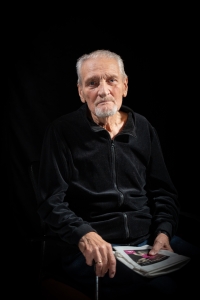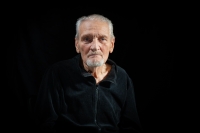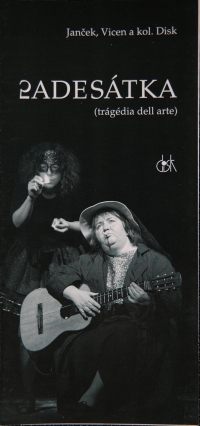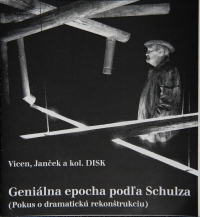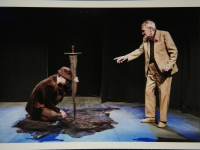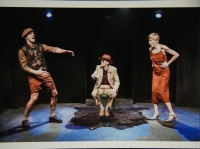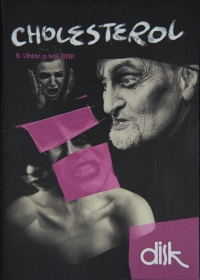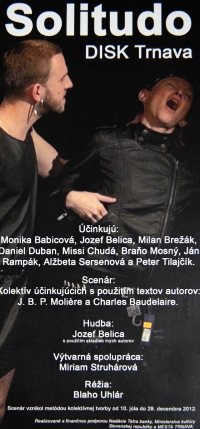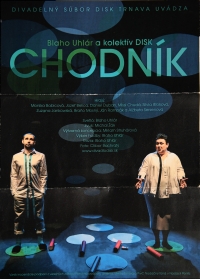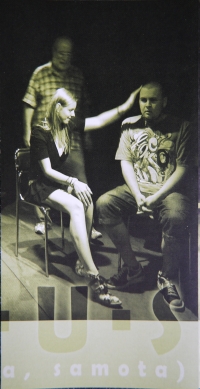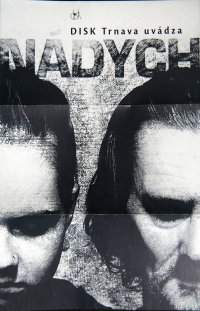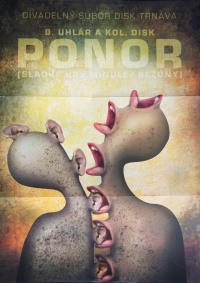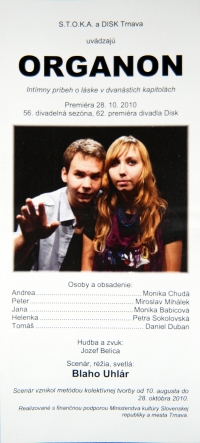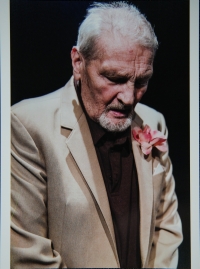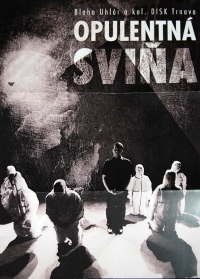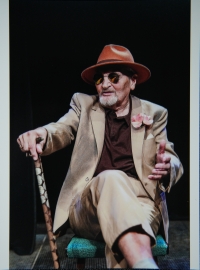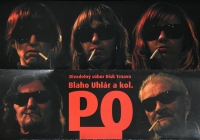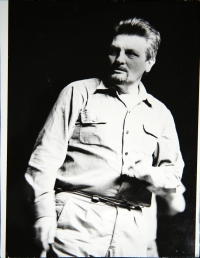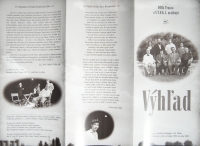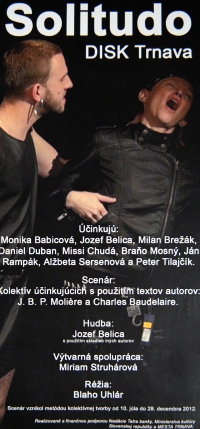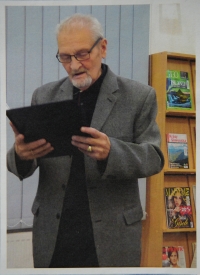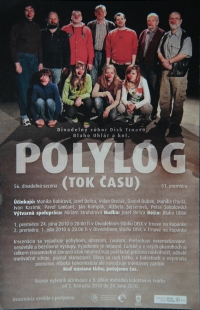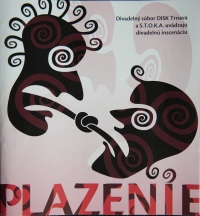“Meeting a person every day is enough. And let everything change, let time fly by, let it fall apart all the time, let it melt at a new boil, and just meeting a person every day is enough.”

Download image
The longtime actor Ján Rampák was born on October 6, 1939, in Trnava. He was born as the first-born son, as later younger brothers, Pavol and Štefan, joined the family. Their father, Ján Rampák, worked as a Trnava barber and hairdresser for more than 60 years. Mother Jozefína, unmarried Nováková, was a trained seamstress, who worked from home as soon as the situation allowed and thus also contributed to the household budget. The Rampáks were a strongly religious Catholic family, which basically remained with Ján to this day. After attending kindergarten in Trnava during the Second World War, Ján joined the same local primary school as a freshman only in 1945, i.e. a year later. Since his father had his own business as a barber, it was nationalized in 1948 and Ján and his brothers received a negative personnel report. According to the report, they later had a problem with high school. In the end, Ján’s father arranged admission interviews for the Middle Industrial School of Engineering, where he was accepted, but the younger brother did not immediately succeed in getting into his dream school of pedagogy. After discovering his love for literature and theater, thanks to a teacher of slovak language during his high school studies, Ján tried to transfer to a gymnasium, but his parents did not support him. He finally successfully passed the matriculation exam in 1959. Shortly after that, he was placed in the Považské engineering factories in Považská Bystrica, where he worked on the production of motorcycles. Shortly after that, Ján joined the mandatory military service in Valašské Meziříčí, to the reserve officers’ school, where he spent the first year. It was there that he signed up for the recitation competition for the first time, where he competed with Marína from Sládkovič. He was very successful and managed to win. He received the rank of graduate sergeant and was sent to the professional unit in Brno. The graduates of the Prague technical college warmly welcomed him among them and, after finding out that he recited well, invited him to introduce their music concerts. He did very well in the war and eventually left for civilian life as a first lieutenant. After returning home to Trnava, in 1962, he was approached by the co-founder of Trnava Kopánka, Edo Norulák, to play in the play “Čachtická pani”, where he won the role of Zeman Prasko. It was his first ever role. After that, role after role followed. In 1968, Ján managed to marry his fellow actress from Kopánka, Jarka Lisická, with whom he later had two sons. Ján thus became part of the volunteer theater group Disk (Kopánka), which he is still a part of today. In the 1960s, volunteer theater groups were usually combined with professionals, and Kopánka was no exception. Thanks to this, the so-called volunteer theater scene was created in Trnava, among which were the Kopánka Enlightenment Talk, Trikota Vrbové and Slovakofarma Hlohovec. Initially, the leader of this volunteer scene was Vendo Kufer, who later started directing mainly at Kopánka. Ján remembers that for the first time he experienced a different, i.e. more professional, approach and also a transition from ordinary classics to a modern, classic, Bratislava style. Ján became Kufer’s assistant, and was more or less cast exclusively in the main characters. Immediately with the first production Opál, they got to the regional show, where they won the “Golden Wreath of Samuel Jurkovič”. Ján mainly associates normalization with the productions “Amateurs” and “Tanap”. “Tanap” was inappropriate in the times of strict normalization, as it reflected the reality of August 1968. Ján already played in these productions under the direction of Blaho Uhlár. Currently, the already popular actor, one of the most outstanding talents of the Slovak amateur theater scene, Ján Rampák, feels rather exhausted, and also because of his advanced age, he can no longer afford to be cast to the same extent as he used to be. However, he still works with Blaho Uhlár and receives new acting offers. His latest production is called “Cholesterol”.
